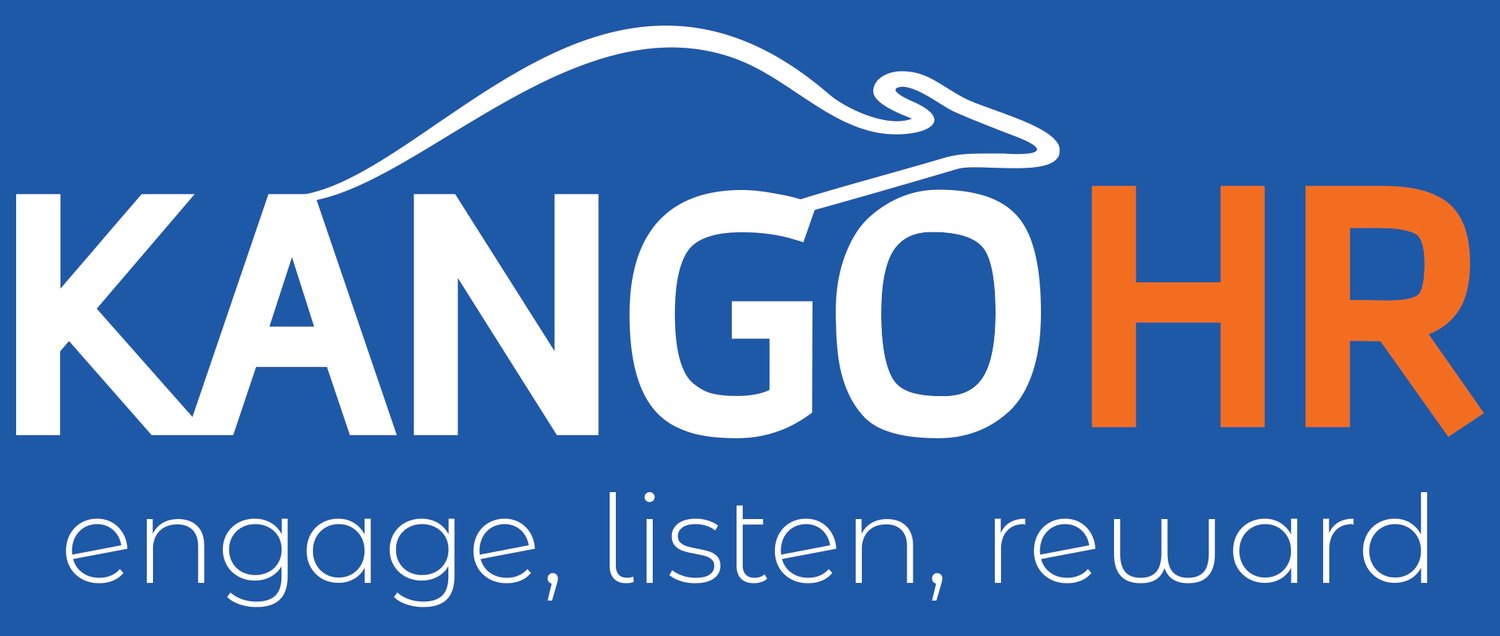It’s not just the thought that counts
KangoHR empowers organizations to give gifts that matter. We help HR leaders ensure their managers choose rewards and gifts employees will appreciate.
KangoHR has long advocated, based on client data analysis, that a key element of employee engagement and recognition is that it makes employees feel like they are seen as individuals and not some cog in a larger machine.
When someone is recognized for outstanding work they feel great. And yes, feelings matter at work! The feeling of being a contributor to the larger organization’s success, mission, and values adds to a sense of fulfillment.
So if the organization promises to share its good fortune by rewarding employees and then sends a single bag of potato chips for the team to share is that really recognition?
Shopping for a birthday present at your local supermarket shows a more thoughtful, gift. A poorly inconsiderate gift reflects poorly on management no matter who ordered it. And yes, some of our HR peers blame the vendor. A thoughtless gift can be worse than no gift at all.
These mistakes are easily avoidable. One thing I always tell customers of KangoHR is that mistakes of this type are avoidable by making sure our own internal switches are set to human.
I see these mistakes from time-to-time and honestly wonder who thought this type of reward was appropriate. My dog could have done a better job than these people. Fortunately, my dog is not running gift programs. Greenies aren’t for everyone.
So here is what we can learn from organizations that send non-gifts.
The first thing, and I don’t understand why I need to say this but recent events require me to, is that the gift matters. Who wants to get some sort of gift that screams we really don’t care about you. KangoHR empowers organizations to give gifts that matter. Do you think your employees want a tin of broken cookies or do you think they want something they can use to buy something they will enjoy? The two rules to employee rewards are
1) The gift matters
2) There are no exceptions to 1
Second, you can destroy your employee’s morale and motivation in a minute by giving a cheap or insensitive gift. All the time and effort you put in for many years gone, just like that, because you thought, whatever, was a great idea for a present, especially when the C-level are getting huge bonuses. Like reputations and brands, employee trust in the organization can be gone, just like that. Yes it’s that risky.
It’s easy to acknowledge a gift that makes the recipient feel happy is a good gift. There is no mystery to that. That doesn’t mean it’s an easy thing to give a gift that appeals to everyone. There are a number of risks that can happen when deciding on a gift for employees. You can’t give an employee who is a vegetarian a gift card for a steakhouse. A poor choice in a gift shows a lack of knowledge of who your employees are and can kill that employee recognition. A good gift, a gift EVERYONE would like could strengthen you relationships with your team. Keep that in mind always!
Third, a poor gift says a lot. It says I don’t care about you and, in many cases it may say you mean nothing to me. If you don’t care then why should your employee care?
One of the core tenets of employee rewards is that it makes the employees feel like are not a cog in the larger entity. A poor gift pretty clearly says, you’re a cog in a larger entity.
What the C-level, or any level, responsible for deciding what gifts need to realize is that the gift is as direct communication to employees as video or memo or any other communications tool. The outcome of this action is that it can demotivate far more rapidly than any corporate video can motivate. Let the air out of a balloon. Does that make the balloon look better?

